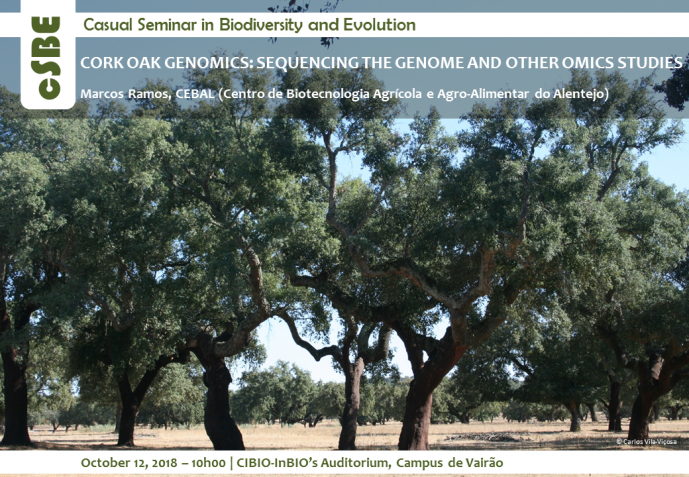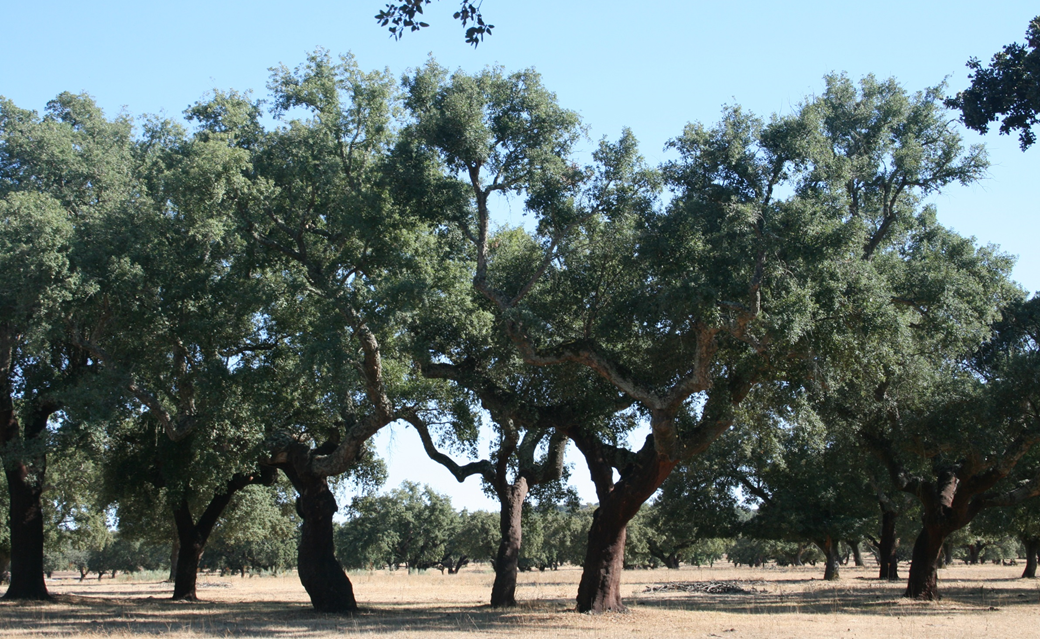CORK OAK GENOMICS: SEQUENCING THE GENOME AND OTHER OMICS STUDIES

CASUAL SEMINAR IN BIODIVERSITY AND EVOLUTION

The availability of a fully sequenced and annotated cork oak genome is crucial to advance the scientific knowledge in this species, very important for the Portuguese and Mediterranean forestry. This talk will cover all the steps required to perform a de novo genome assembly project, with a focus on bioinformatics. Additionally, having a fully sequenced genome immediately allows executing other omics studies, in particular the ones that involve next-generation sequencing. A multi-omics approach is being applied to comprehensively characterize tissues involved in cork formation. Whole-genome resequencing has also been carried to compare the genomes of trees with contrasting phenotypes for cork quality. Overall, cork oak has become a species where all types of omics studies will be possible, which will greatly enhance our ability to address the main questions regarding cork oak production and biology.
António Marcos Ramos has a bachelor’s degree in Animal Science and a Master’ degree in Animal Production, from the University of Trás-os-Montes e Alto Douro (Portugal). He then obtained his PhD degree in Animal Breeding and Genetics, as well as a minor in Statistics, from Iowa State University (United States), in 2006. He continued his career in the USA at Michigan State University, which was followed by a move to the Netherlands in 2008, when he joined Wageningen University as a Marie Curie Fellow. His work at Wageningen was one of the first studies where next-generation sequencing was massively used to detect SNPs in the pig genome, for the subsequent development of the porcine SNP genotyping chip. Before returning to Portugal he joined Keygene, where he was involved in several international projects involving plant bioinformatics and biotechnology. Since January 2015 he is principal investigator at CEBAL (Centro de Biotecnologia Agrícola e Agro-Alimentar do Alentejo), where he leads the Animal Genomics and Bioinformatics group, working on projects focusing mainly on cork oak and Iberian pigs.
[Host: Herlânder Azevedo, Plant Biology]
Image credits: Carlos Vila-Viçosa